As a pet rabbit owner, you are likely always looking for ways to ensure that your furry friend is receiving the nutritional benefits they need. One of the most common questions asked by pet owners is: “When can bunnies eat veggies?” Feeding the right vegetables to your bunny can help them stay healthy and happy, and this article will explore the nutritional benefits of feeding your bunny vegetables and the best veggies for them to eat.
Nutritional Benefits of Veggies for Bunnies
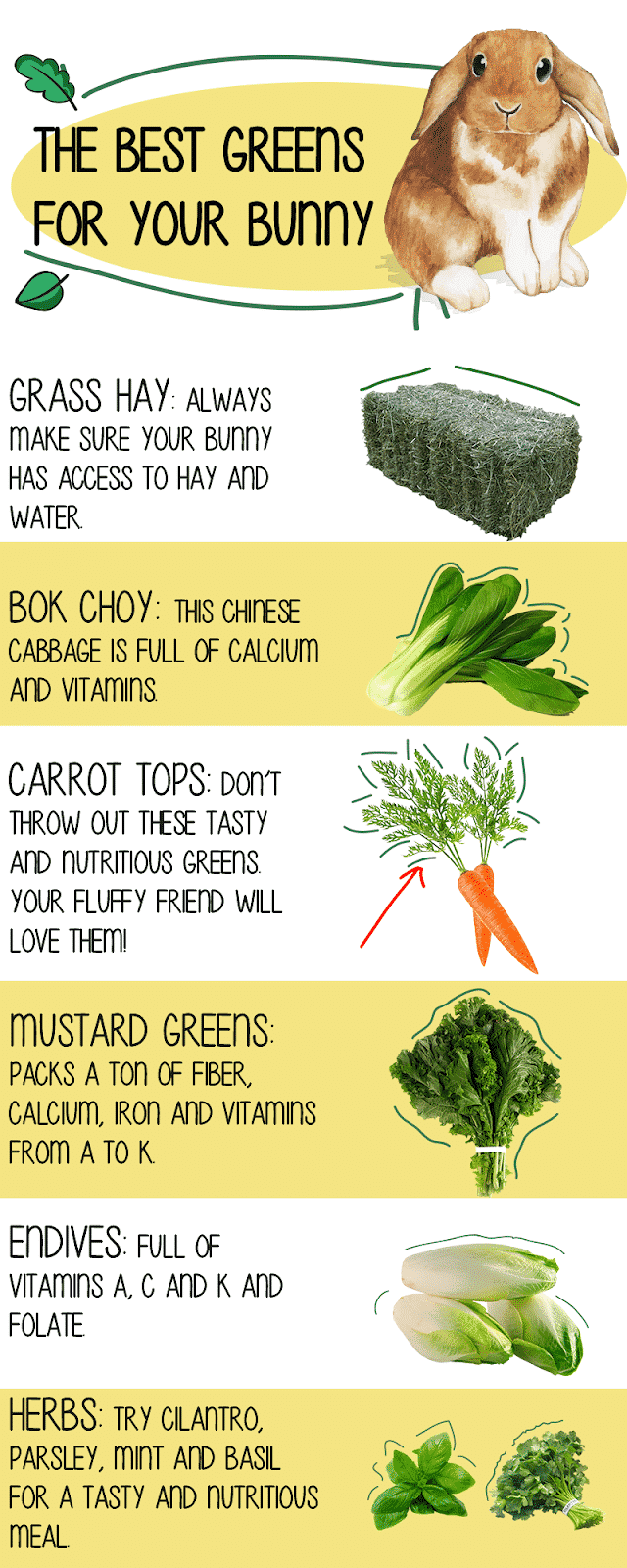
- Vegetables are rich in vitamins and minerals essential for the health and development of bunnies.
- Veggies provide key nutrients such as vitamin C, vitamin A, potassium, phosphorus, calcium, and magnesium.
- Fiber-rich veggies such as carrots, broccoli and kale helps in better digestion and adds bulk to the diet.
- Dark green and leafy vegetables are particularly beneficial as they are high in calcium, which is essential for strong bones and teeth.
- Veggies are low in calories and fat, making them a great addition to a healthy diet.
- Vegetables can also help to provide variety in your bunny’s diet, making it more interesting and enjoyable.
At what age can bunnies eat vegetables? Baby bunnies should not be given vegetables until they are at least 8-10 weeks old. It is important to introduce vegetables slowly and to monitor your bunny for any signs of digestive upset.
Types of Vegetables Bunnies Can Eat
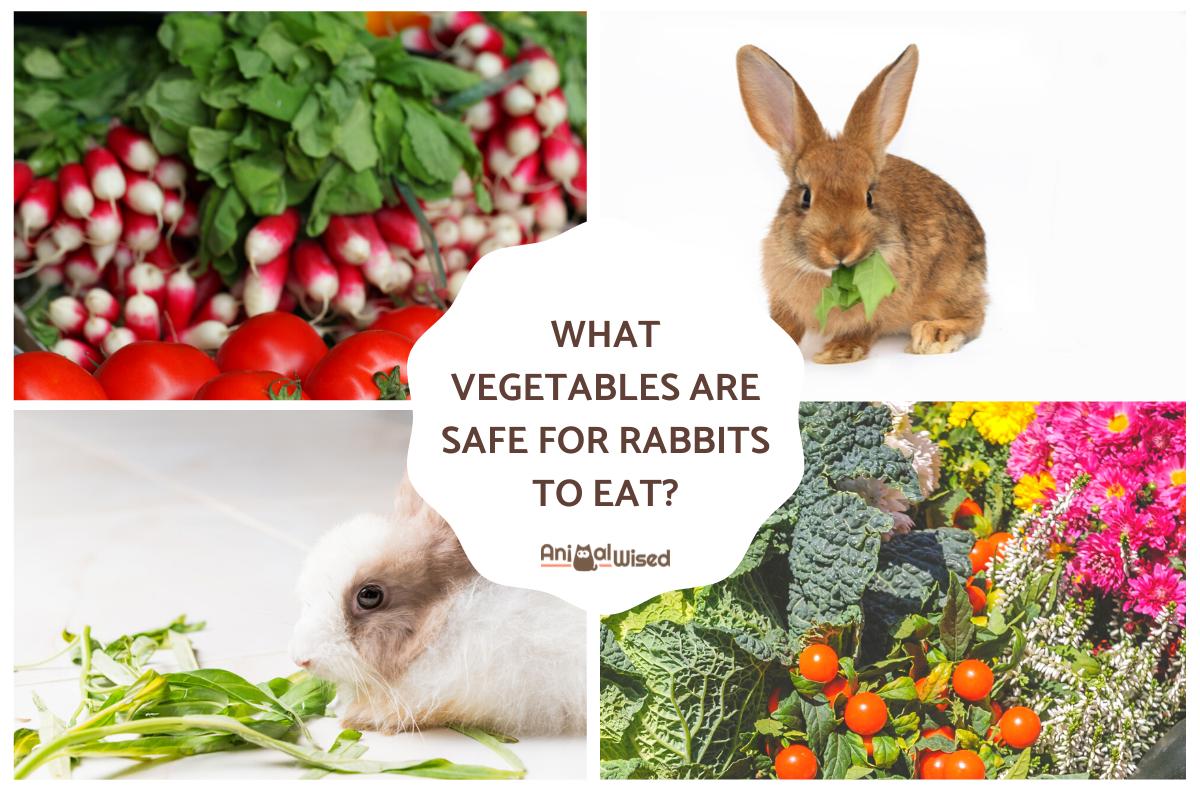
- Dark Leafy Greens: These are the most important vegetables for bunnies, and should make up the bulk of their diet. Examples include kale, spinach, parsley, collard greens, and romaine lettuce.
- Root Vegetables: Bunnies can eat root vegetables, such as carrots, beets, turnips, and radishes. Carrots should be given in moderation, as they can cause digestion issues if given too much.
- Fruits: Bunnies can eat small amounts of some fruits, such as apples, pears, and bananas, but these should be given in moderation. Fruits are high in sugar, so too much can cause health problems.
- Cruciferous Vegetables: Bunnies can eat cruciferous vegetables, such as broccoli, cauliflower, and Brussels sprouts. These should be given in moderation, as they can cause gas and bloating if given too much.
- Cucumbers: Bunnies can eat cucumbers, but these should also be given in moderation, as they are high in water and can cause digestive issues if given too much.
Bunnies should be offered a variety of vegetables, as they need a balanced diet to stay healthy. Some vegetables, such as kale and spinach, should make up the bulk of their diet, while other vegetables, such as carrots and cucumbers, should be given in moderation. Fruits should be given sparingly, as they are high in sugar and can cause health problems if given too much.
How Much Vegetables Should Bunnies Eat
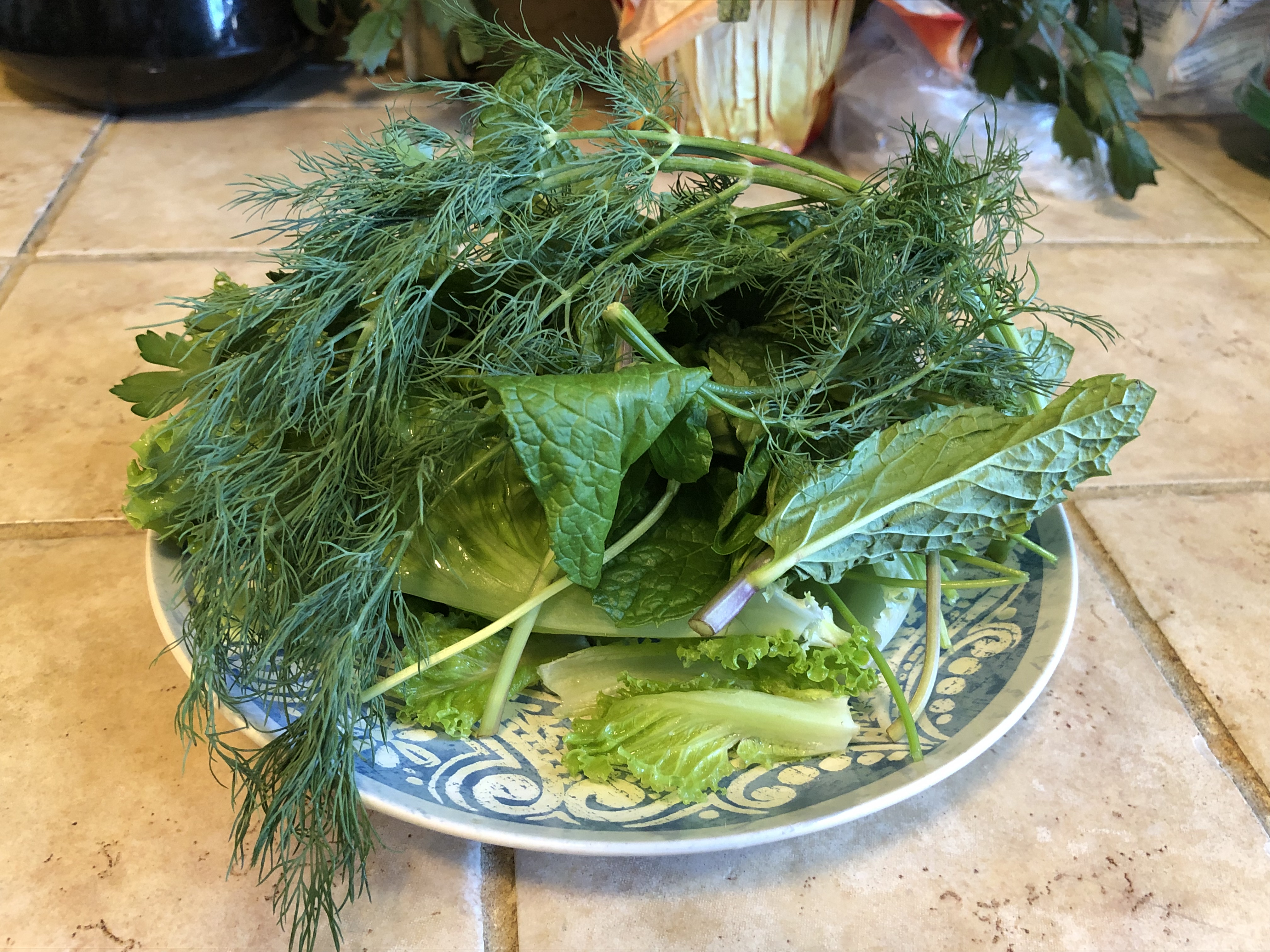
Rabbits are herbivores, so their diet should consist primarily of hay, fresh vegetables, and plant-based pellets. The exact amount of vegetables that a bunny should eat depends on its size, age, and activity level. Generally, an adult bunny should consume about one cup of vegetables per day. However, for young bunnies and pregnant or nursing mothers, the amount of vegetables should be increased.
Vegetable Portions by Age:
| Age | Daily Portions |
|---|---|
| Young Bunnies (up to 6 months) | 2-3 cups |
| Adults (over 6 months) | 1 cup |
| Pregnant/Nursing | 2-3 cups |
It is important not to overfeed a bunny because it can lead to gastrointestinal issues, obesity, or other health problems. A rabbit should only eat as much as it needs to maintain a healthy weight. If you notice your bunny gaining weight, reduce the amount of vegetables it consumes.
It is also important to remember that bunnies need to eat a variety of vegetables to get all the necessary vitamins and minerals. A good mix of vegetables should include dark green leafy vegetables, such as kale, spinach, and Swiss chard, as well as root vegetables, such as carrots, beets, and radishes.
When Can Bunnies Eat Veggies?
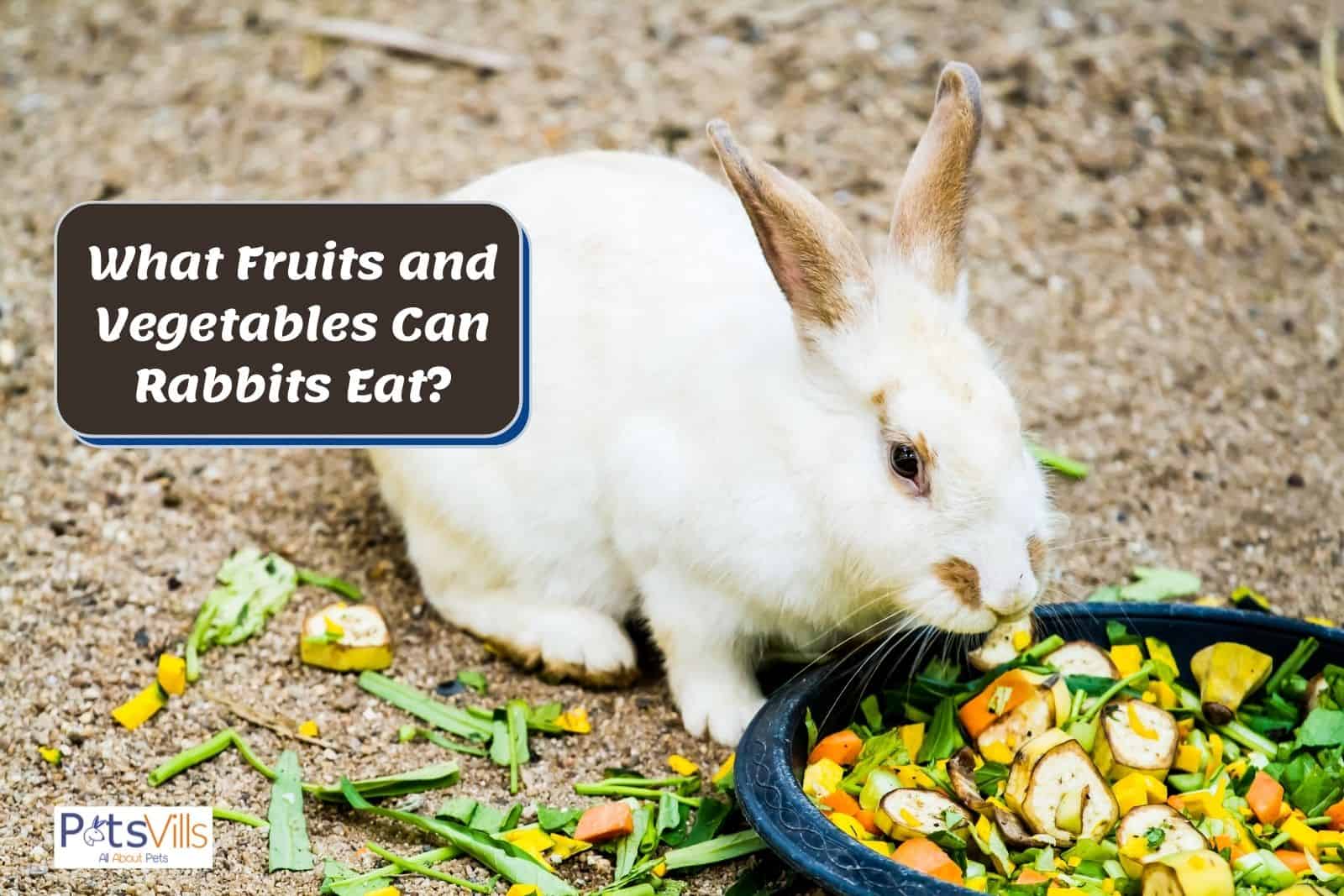
At What Age Can Bunnies Eat Vegetables
Baby bunnies can start nibbling on small pieces of vegetables when they are around three weeks old. However, they should not be fed large amounts of vegetables until they are around 8-9 weeks old.
Adult rabbits should be given a variety of vegetables and fruits to meet their nutritional needs. Generally, rabbits should have access to a variety of fresh vegetables and some fruit every day. The exact amount and type of plant-based food will vary depending on the age, breed, and health of the bunny.
Safe vegetables for bunnies include dark leafy greens, such as kale, spinach, Swiss chard, and parsley. Root vegetables such as carrots, beets, and radishes are also safe for rabbits. Other safe vegetables include broccoli, cauliflower, celery, Brussels sprouts, and bell peppers.
Unsafe vegetables for bunnies include tomatoes, potatoes, onions, garlic, and cabbage. These vegetables contain compounds that can be toxic to rabbits and should be avoided.
Nutrition Recommendations for Bunnies
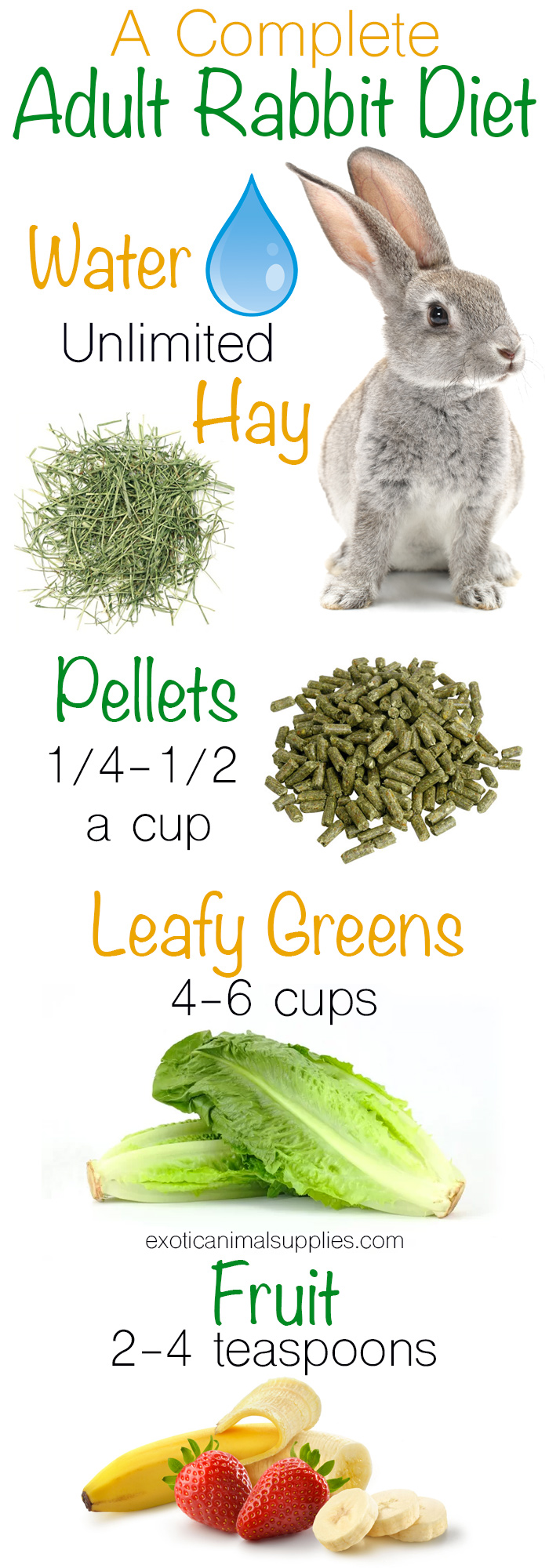
- Hay: Hay should always be available, as it helps keep their digestive systems healthy and provides them with essential fiber.
- Pellets: Pellets should be given in moderate amounts, as they are a concentrated source of nutrients.
- Fruits and Vegetables: Fruits and vegetables can be given as treats, but should never make up more than 10% of your bunny’s diet.
- Leafy Greens: Leafy greens are an important part of a bunny’s diet and should be given on a daily basis.
- Grains: Grains such as oats and wheat can be given in small amounts as treats, but should not make up a large part of their diet.
- Treats: Treats such as nuts, seeds, and dried fruits should be given sparingly, as they are high in calories and sugar.
Preparation of Vegetables for Bunnies
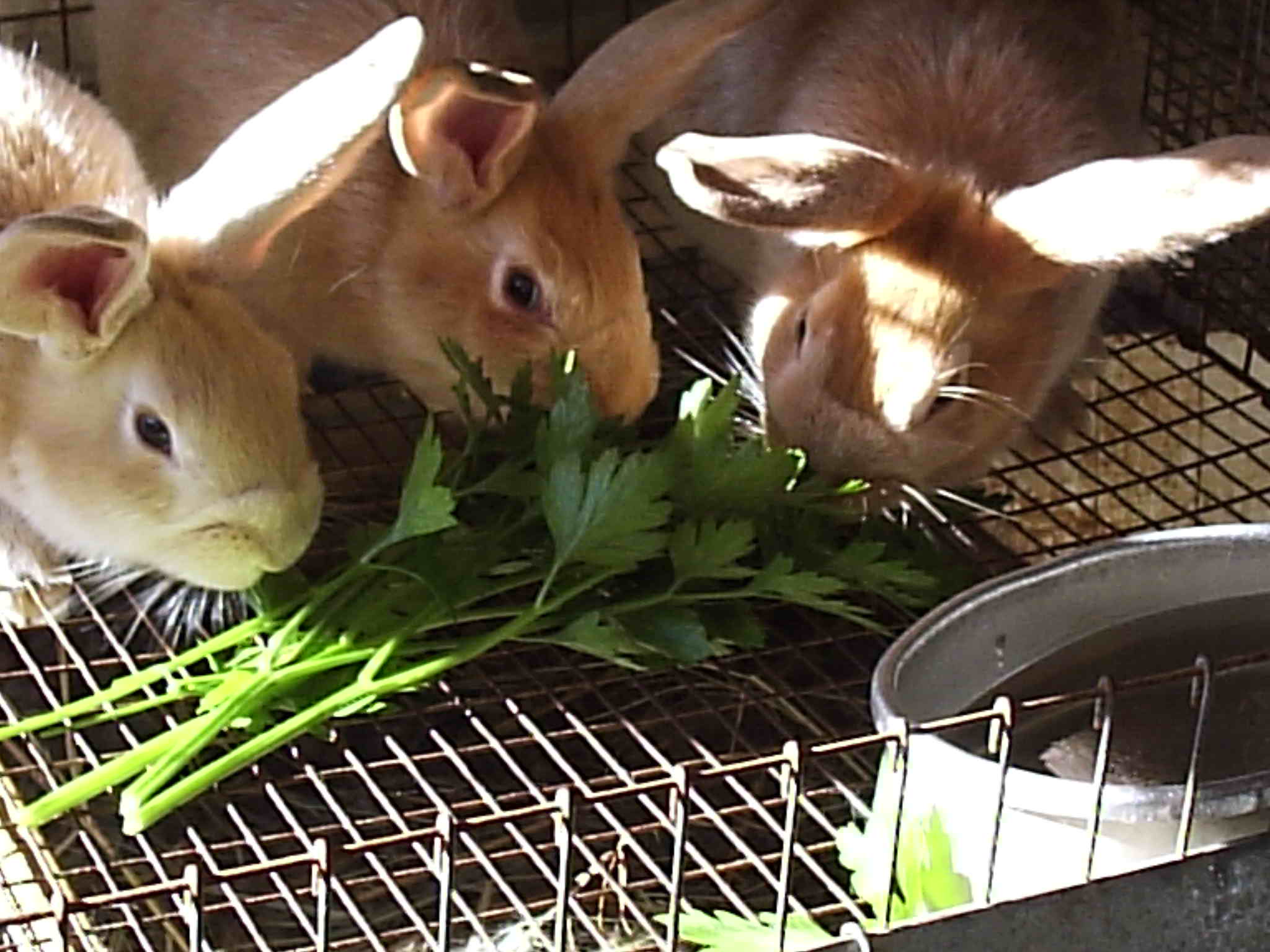
- Wash: Thoroughly wash all vegetables before feeding to remove any dirt or bacteria.
- Chop: Chop vegetables into small pieces that your bunny can easily chew.
- Limit: Vegetables should not make up more than 25% of your bunny’s diet.
- Storage: Store fresh vegetables in the refrigerator and discard any that have gone bad.
- Variety: Feed your bunny a variety of vegetables to make sure they are getting the full range of vitamins and minerals.
Common Concerns About Feeding Bunnies Veggies
One of the biggest concerns when introducing vegetables to a bunny’s diet is that they may not be able to handle them. If this is the case, it is important to slowly introduce veggies to the diet and to monitor how your bunny reacts. Some bunnies may also be sensitive to certain vegetables and should be monitored for any adverse reactions.
Another concern is the potential for choking on vegetables that are too large or hard. It is important to prepare vegetables in a safe size and texture for your bunny.
Nutrient Deficiencies
Bunnies may also be at risk of developing nutrient deficiencies if they are not receiving a balanced diet. It is important to provide a variety of vegetables to ensure that your bunny is getting all of the essential vitamins and minerals.
Food Poisoning
Bunnies may also be at risk of food poisoning if vegetables are not washed properly. Make sure to thoroughly wash all vegetables before introducing them to your bunny’s diet.
Table of Concerns
| Concern | Action |
|---|---|
| Bunny can’t handle veggies | Slowly introduce veggies |
| Choking hazards | Prepare veggies in safe size/texture |
| Nutrient deficiencies | Provide variety of veggies |
| Food poisoning | Wash all veggies properly |
Frequently Asked Questions
How often should I feed my bunny vegetables?
Bunnies should have unlimited access to fresh, clean vegetables and hay. Vegetables should make up 75%-80% of the diet, while hay should make up the other 20%-25%. Vegetables can be offered once or twice a day, depending on the size of the portion and the bunny’s preference. A few pieces of vegetables should be offered at a time, and any uneaten food should be removed.
What Vegetables are Safe for Bunnies to Eat?
Bunnies can eat a variety of vegetables such as kale, romaine lettuce, endive, collard greens, Swiss chard, and carrots. Vegetables should be washed and fed in moderation, as too much may cause discomfort and digestion issues. Other safe vegetables for bunnies include bell peppers, parsley, dandelion greens, celery, Brussels sprouts, and mustard greens. Veggies should always be fresh, organic, and pesticide-free.
Are There Any Vegetables That Are Not Safe for Bunnies to Eat?
Vegetables should be given in moderation and only as a treat, not as a substitute to hay or pellets. Some vegetables should be avoided altogether, such as onions, garlic, potato leaves, rhubarb leaves, and tomatoes. These vegetables can be toxic to bunnies and cause digestive problems.
Can Bunnies Eat Raw Vegetables?
Bunnies can safely eat raw vegetables, as long as they are washed thoroughly and free of any pesticides, herbicides or other chemicals. Vegetables should also be cut into small pieces to make them easier to chew, and should be served in moderation. Carrots, bell peppers, cucumbers, kale, turnip greens, and celery are all excellent choices for your bunny. Feeding your bunny a variety of vegetables will provide essential vitamins and minerals and keep them healthy.
What other nutritional benefits do vegetables provide for bunnies?
Vegetables provide a range of vitamins and minerals essential to a rabbit’s health, including vitamin A, vitamin C, folate, and potassium. These vitamins and minerals help maintain healthy bones, skin, vision, and digestion. They also provide dietary fiber, which helps support healthy digestion and can help prevent hairballs.
Conclusion
Vegetables are an important part of a healthy diet for a bunny, providing essential nutrients and vitamins. To ensure that your bunny is getting the right balance of nutrition, it’s important to feed them a variety of vegetables each day. However, be sure to monitor your bunny’s intake and look out for any potential health issues that may arise. With the right combination of fruits and vegetables, your bunny can enjoy a long, healthy life.
